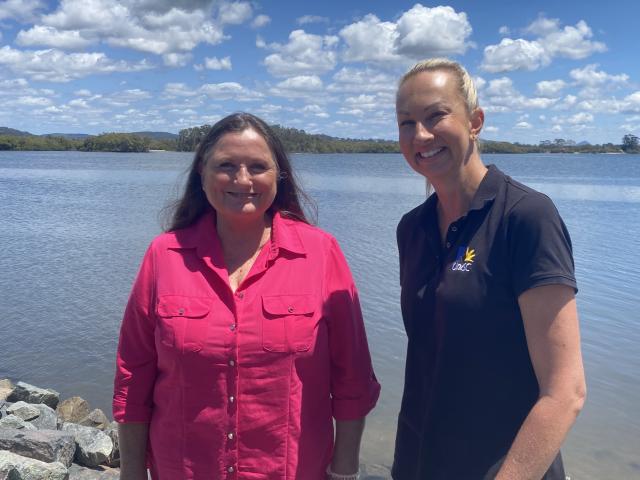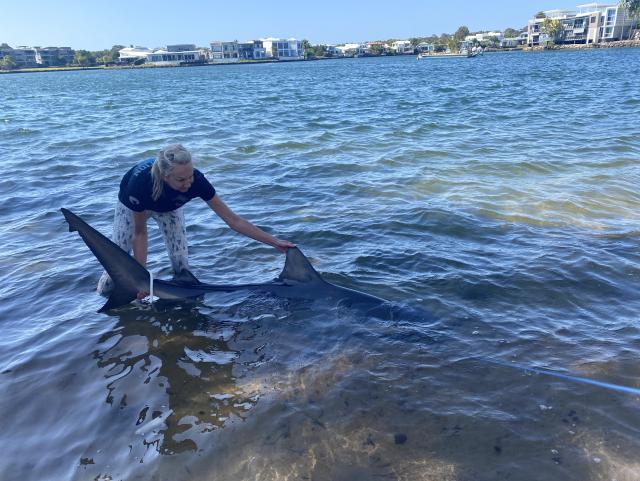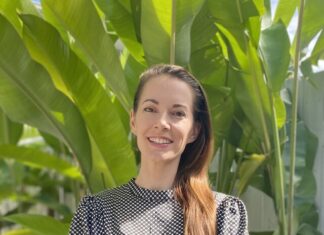New research led by the University of the Sunshine Coast is hoping to provide greater understanding of bull shark activity across the Sunshine Coast and Noosa Biosphere Reserves.
UniSC Animal Ecologist Dr Bonnie Holmes said the collaborative project aimed to unravel the complexity of bull shark ecology to improve shark bite mitigation methods and water user education.
“We’re all well aware that we share our waters with bull sharks, yet we have minimal interaction with them. Why is that? We still don’t know how many there are, whether numbers are increasing or decreasing, what their seasonal drivers are, and how climate change is impacting their movements,” Dr Holmes, who leads the project, said.
“What we’re hoping to achieve with this research is to understand the level of human risk so we can make better informed decisions when it comes to shark bite mitigation and education,” she said.
The three-year research project will track bull sharks in the waterways of Noosa and the Sunshine Coast. Researchers will use acoustic tags to correlate movements with environmental data to explain fluctuations in abundance off Southeast Queensland, an ocean warming hotspot.
“We want to better understand drivers of habitat use. Bull sharks who are born and grow up in the upper river catchments will behave differently to those who visit. We know some bull sharks travel up to South East Queensland in the cooler months from Sydney Harbour and will utilise the river mouth more,” Dr Holmes said.
“And with climate change impacting rainfall and water temperatures, long-term data is needed to understand its impacts.”
The project has brought together a diverse industry collaboration. Organisations including UniSC, Griffith University, Noosa Biosphere Reserve Foundation, Queensland Department of Agriculture & Fisheries, Sunshine Coast Council, and SeaLife are getting involved to advance conservation outcomes for these apex predators in the UNESCO Biosphere Reserves of the Noosa and Sunshine Coast region.
Noosa Biosphere Reserve Foundation Chair, Fiona Berkin says the project will enhance Noosa’s shark smart education initiatives and inform decisions about beach trials of new and non-lethal technologies.
“We’re proud to be partners in this much-needed project. It’s research such as this that enables our communities to make better informed conservation management decisions in how we respect and co-exist with nature.”
A key outcome of the bull shark research will be to inform decisions about trials of alternative shark mitigation methods, with minimal risk to beachgoers.
For more information, visit noosabiosphere.org.au










